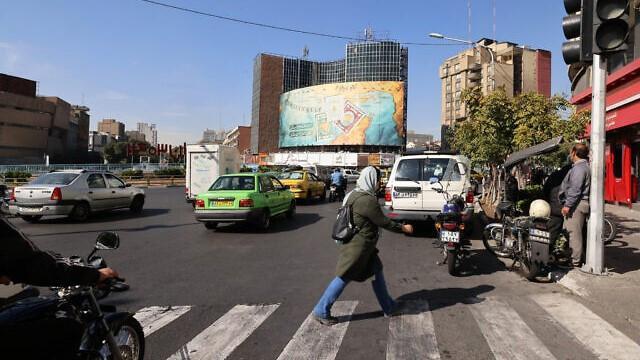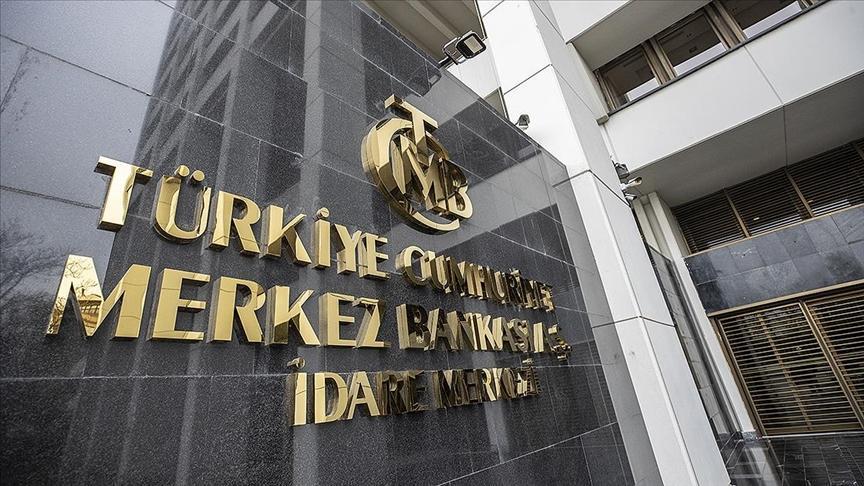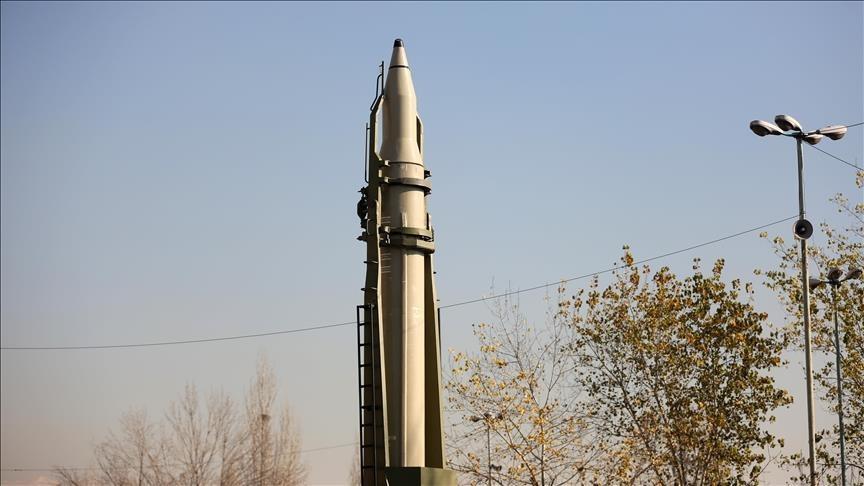A synagogue and a hateful governor
On Nov. 21, Dursun Ali Şahin, the governor of Edirne, a province in Turkey’s northwestern edge, initiated controversy with his appalling remarks. He announced that the Great Synagogue in the city, which was being renovated by the support of his office, would be turned into a “museum.” The reason, he proudly explained to cameras, was his “hatred.” “While those bandits blow the winds of war inside al-Aqsa and slay Muslims, we build their synagogues,” he said, referring to the recent Israeli intrusion into the Muslim sanctuary in Jerusalem. He vowed:
“I say this with great hatred inside me. We clean their graveyards, send their projects to boards. But the synagogue here will be registered only as a museum, and there will be no exhibitions inside it.”
The nature of the institution of the governorate in Turkey made the remarks even more worrying.
Unlike in some Western democracies such as the United States, governors in Turkey are not elected by the people, but appointed by the Interior Ministry in Ankara. That is why a statement by a governor is the closest thing to be the official view in a given province.
Luckily, though, the Edirne governor’s bigoted remark was heavily criticized by the media, even by some of the supporters of the incumbent Justice and Development Party (AKP). More importantly, Deputy Prime Minister Bülent Arınç announced that the governor had made a “mistake” and assured that the synagogue, the second biggest in Europe, would not lose its status as a house of worship. Then the governor, who apparently was warned by the center, called Turkey’s Chief Rabbi Ishak Haleva three days after his initial remark to offer an “apology.”
Therefore, it can be taken as good news that the beautiful Great Synagogue of Edirne will be free from “hatred,” and that the governor who expressed this hatred stepped back. However, the mindset that made him initiate such a controversy needs to be scrutinized.
The underlying problem is not an anti-Semitism that is based on religious or “racial” grounds, as it was the case in medieval or modern Europe. It is rather an anti-Semitism that springs from reaction to Israel’s ongoing subjugation of the Palestinian people, along with the sacred Muslim sites in Jerusalem.
Israel, indeed, often deserves the strongest criticisms, if not condemnations, for those decades-old policies of occupation and humiliation. But Israel is a state, whereas Jews are a people. Taking the revenge of Israel’s actions from Jews, such as Turkey’s Jewish citizens, is nothing but unfair, bigoted and racist.
The fact that the Edirne governor kept speaking about “them, their projects, their synagogue” was a clear manifestation of this racism. For him, apparently, there is a complete “other” called “Jews,” who are defined by nothing but the aggression of Israel. It is the same mindset of the Islamophobes in the West, who see all Muslims as the “other” defined by the aggression of militant Islamists.
It is good that the AKP officially opposed this view, but it is also a fact that Şahin’s anti-Semitic sentiments have some resonance in the AKP rank and file. The party’s more principled minds should take a more active stance against this bigotry. As a case in point, they can begin by pointing out that the Great Synagogue of Edirne was built by none other than a figure that they all admire: Ottoman Sultan Abdul Hamid II, or the last caliph worthy of his title, who was certainly more open-minded than many of our contemporary Islamists.











